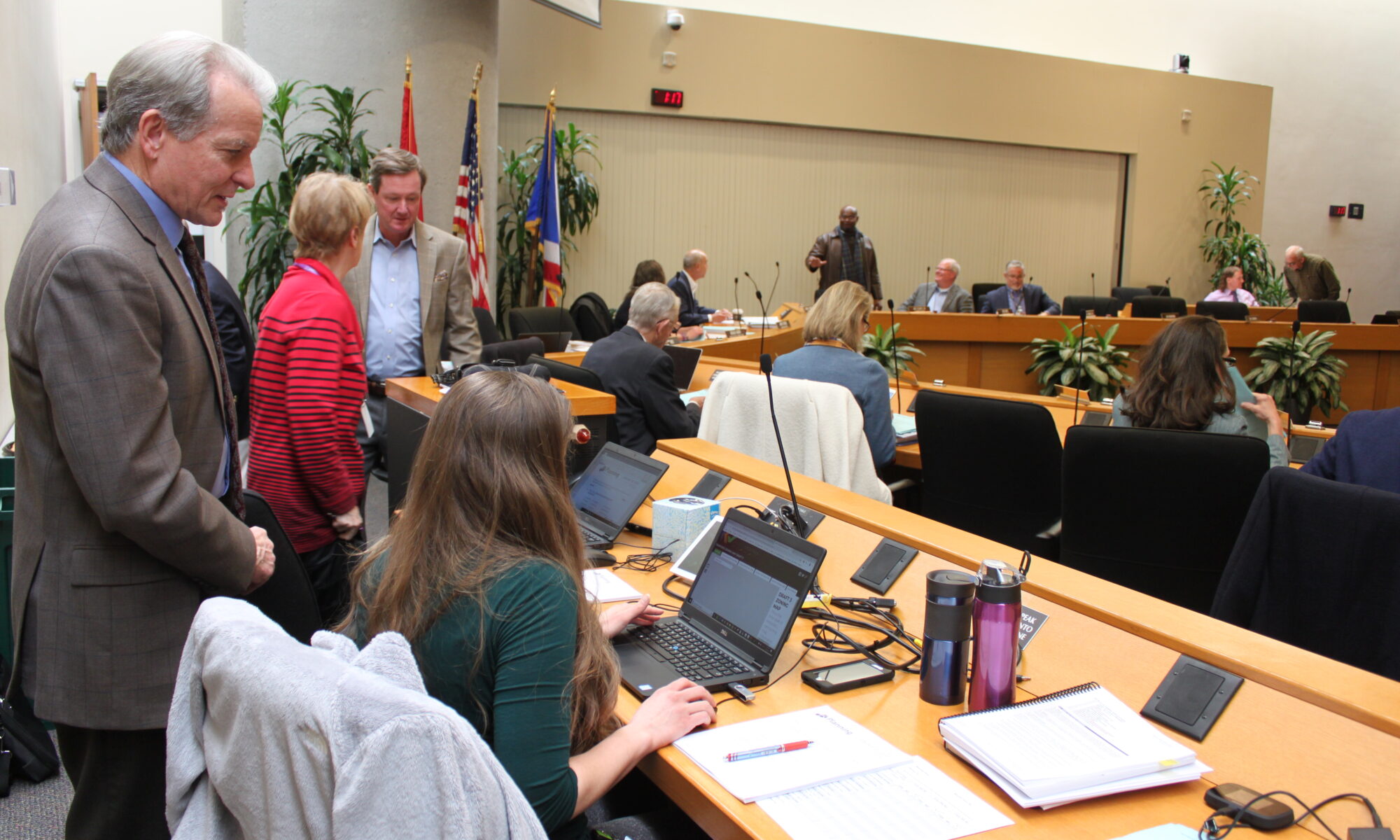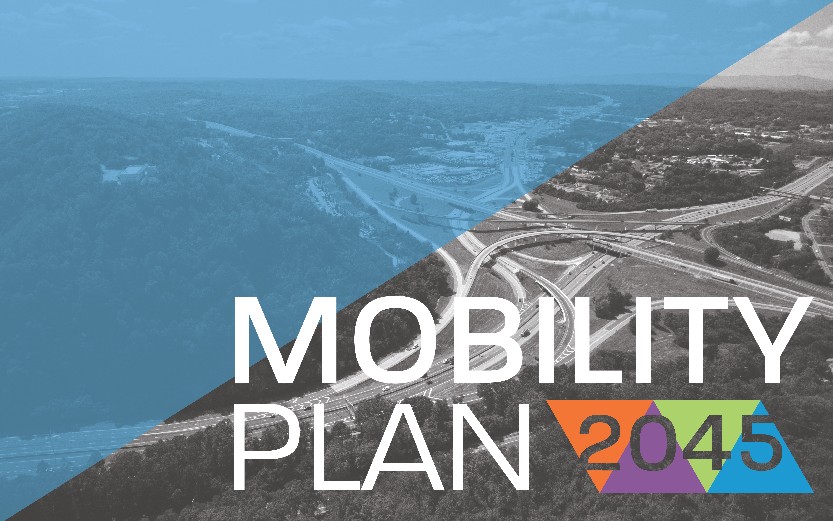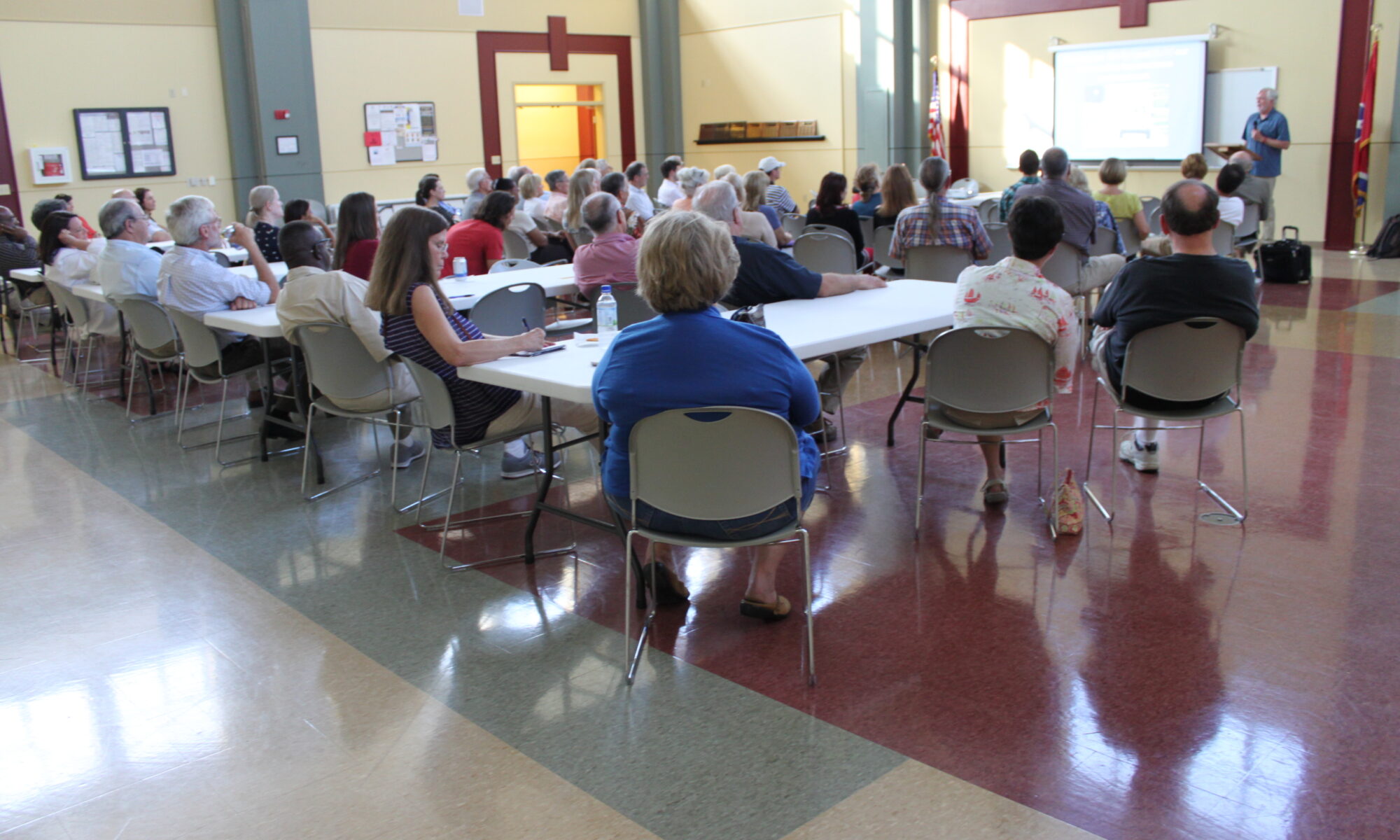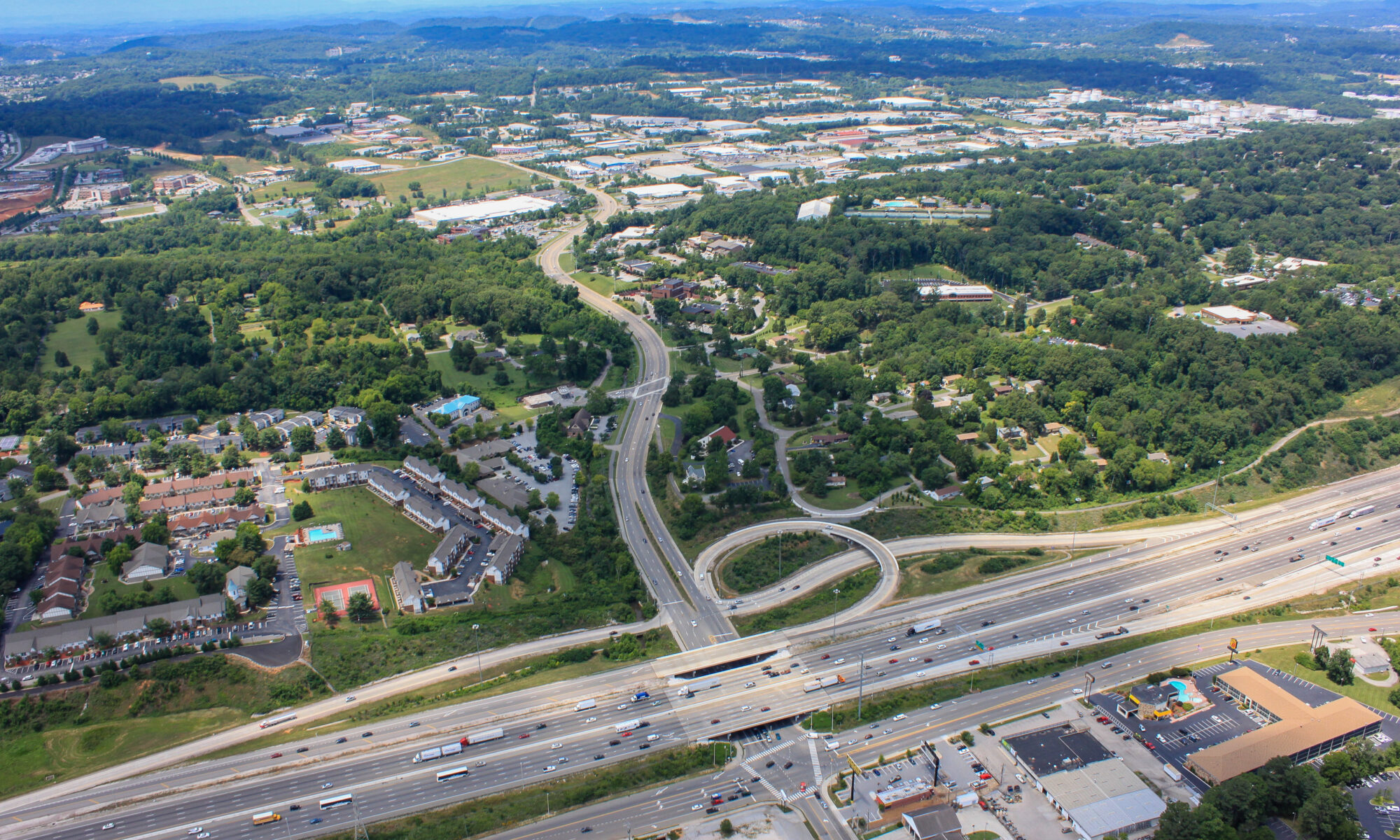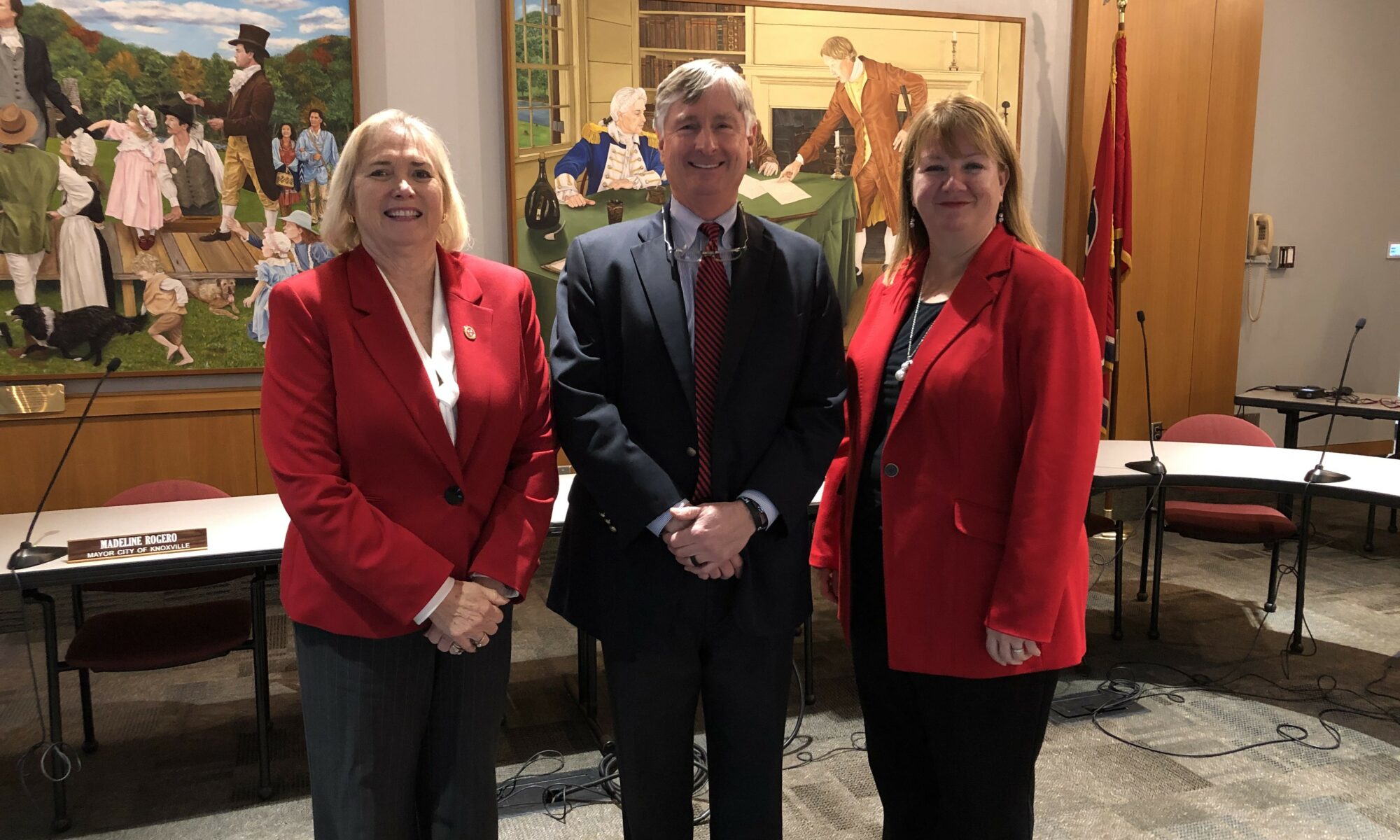Mobility Plan 2045 Call for Projects
The TPO is soliciting projects for Mobility Plan 2045. We’ve notified jurisdictions within our planning area that we are accepting applications for projects to be included in the plan. All applications must be submitted by jurisdictions no later than Friday, September 4. While individuals can’t submit an application, we encourage you to reach out to your local leaders now if there is a project you think should be included. Contact us at mobility@knoxplanning.org for more information.
Traffic Crash Trends During Covid-19
Mobility Plan 2045 Underway
Designing for Traffic Safety (a PechaKucha recording)
Transportation planner Ellen Zavisca discusses how changes to the design of our streets and our vehicles can save lives and prevent unnecessary injuries. Mistakes happen, but they should not be deadly. If we take traffic violence seriously and work to reduce speeds, we can get to a place where no one suffers a life-changing injury, or worse, just trying to get from Point A to Point B.
TPO Receives Commendations from Federal Partners
Federal Certification Review Public Meeting
Upcoming Transportation Projects in Our Region
 Photo of redevelopment along the South Waterfront that will eventually connect to this portion of riverwalk expansion With this project, the City of Knoxville will continue construction of the South Waterfront Riverwalk. This portion of the project will connect the section of cantilevered riverwalk along Island Home Avenue to the Suttree Landing Park riverwalk east of Foggy Bottom Street along the Tennessee River. Total project cost: $7.8 million Programmed for design in 2020, right of way (ROW) in 2021, and construction in 2022. More: http://knoxvilletn.gov/blog/One.aspx?portalId=270905&postId=15504029&portletAction=viewpost Blount County Greenway Trail Ph. 1
Photo of redevelopment along the South Waterfront that will eventually connect to this portion of riverwalk expansion With this project, the City of Knoxville will continue construction of the South Waterfront Riverwalk. This portion of the project will connect the section of cantilevered riverwalk along Island Home Avenue to the Suttree Landing Park riverwalk east of Foggy Bottom Street along the Tennessee River. Total project cost: $7.8 million Programmed for design in 2020, right of way (ROW) in 2021, and construction in 2022. More: http://knoxvilletn.gov/blog/One.aspx?portalId=270905&postId=15504029&portletAction=viewpost Blount County Greenway Trail Ph. 1 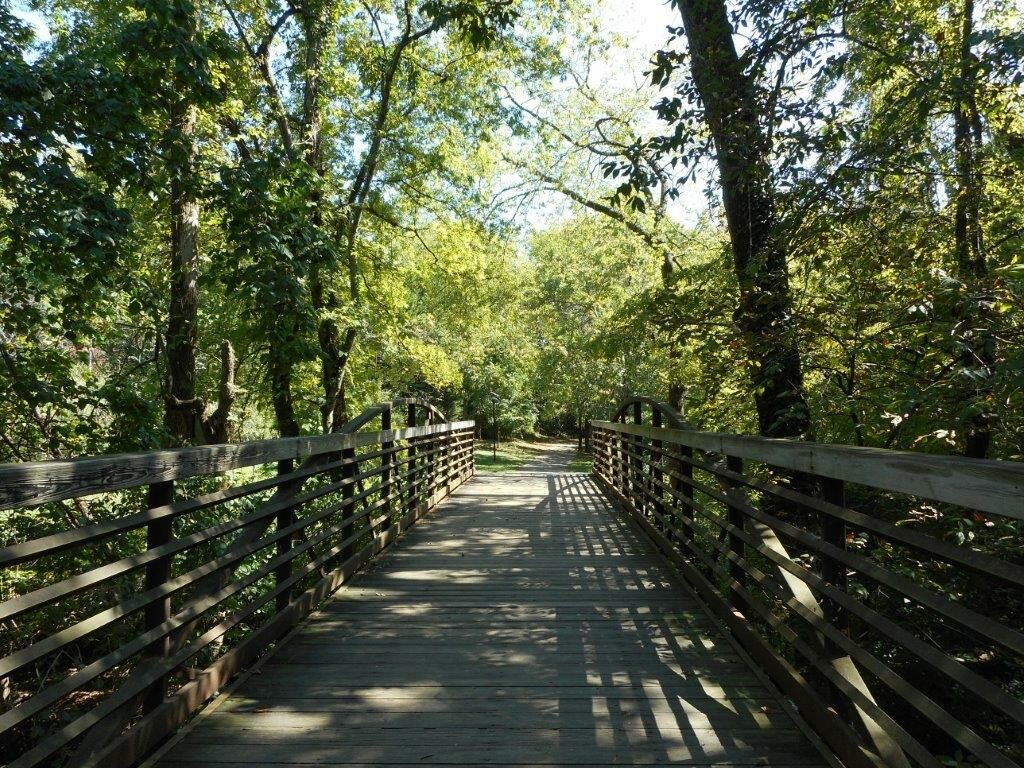 Photo of existing greenway in Blount County This is the first greenway project proposed by Blount County and is a link in the Maryville-to-Townsend greenway trail. It ranges from Maryville City Limits at the northwest corner of Helton Road along US 321 to Perry’s Mill parking area. The project also includes a bike access link to Old Walland Highway from Melrose Station Bridge. Total project cost: $2.9 million Programmed for design in 2020 and seeking construction funding through TDOT’s multimodal access grant More: https://knoxblounttrail.org/ Oak Ridge Rails to Trails A Rails to Trails project is underway on abandoned rails from Elza Gate Park at the Oak Ridge Turnpike to the Y-12 National Security Complex on Scarboro Road and along Belgrade Road, Warehouse Road, Fairbanks Road, and Lafayette Drive. This project connects major employment centers, neighborhoods, and schools while providing an alternative route for non-motorized travel through the city’s most developed area. Total project cost: $4.4 million Programmed for ROW and construction in 2020. More: https://www.oakridger.com/news/20190306/citys-rails-to-trails-project-moves-ahead Note – link references old cost estimate, so could lead to confusion about total cost TPO – Regional Pavement Management System The project will use data to evaluate roadway pavement conditions to determine needs and cost estimates for resurfacing and other treatments. This system, which is based on the most current pavement data collection technology, GIS software, and other pavement management software tools, will allow local jurisdictions to prioritize maintenance and rehabilitation treatments within various budget scenarios. The project is open to all jurisdictions within the TPO planning area that want to participate. Total project cost (estimate is contingent on how many jurisdictions participate): $625,000 Programmed for implementation in 2020 TPO – Section 5310 Funds
Photo of existing greenway in Blount County This is the first greenway project proposed by Blount County and is a link in the Maryville-to-Townsend greenway trail. It ranges from Maryville City Limits at the northwest corner of Helton Road along US 321 to Perry’s Mill parking area. The project also includes a bike access link to Old Walland Highway from Melrose Station Bridge. Total project cost: $2.9 million Programmed for design in 2020 and seeking construction funding through TDOT’s multimodal access grant More: https://knoxblounttrail.org/ Oak Ridge Rails to Trails A Rails to Trails project is underway on abandoned rails from Elza Gate Park at the Oak Ridge Turnpike to the Y-12 National Security Complex on Scarboro Road and along Belgrade Road, Warehouse Road, Fairbanks Road, and Lafayette Drive. This project connects major employment centers, neighborhoods, and schools while providing an alternative route for non-motorized travel through the city’s most developed area. Total project cost: $4.4 million Programmed for ROW and construction in 2020. More: https://www.oakridger.com/news/20190306/citys-rails-to-trails-project-moves-ahead Note – link references old cost estimate, so could lead to confusion about total cost TPO – Regional Pavement Management System The project will use data to evaluate roadway pavement conditions to determine needs and cost estimates for resurfacing and other treatments. This system, which is based on the most current pavement data collection technology, GIS software, and other pavement management software tools, will allow local jurisdictions to prioritize maintenance and rehabilitation treatments within various budget scenarios. The project is open to all jurisdictions within the TPO planning area that want to participate. Total project cost (estimate is contingent on how many jurisdictions participate): $625,000 Programmed for implementation in 2020 TPO – Section 5310 Funds  Photo of TPO staff Doug Burton and Dori Caron awarding a van to the Sertoma Center through the 5310 program This project provides ongoing funding to enhance mobility for senior and persons with disabilities. The funding is awarded to programs that serve the special needs of transit-dependent populations beyond traditional public transportation services and Americans with Disabilities Act complementary paratransit services. The project is open to all jurisdictions within the TPO planning area. Total project cost: $3.4 million More: https://knoxtpo.org/2019/01/17/tpo-distributes-funds-providing-transportation-options-to-seniors-and-persons-with-disabilities/ Knox County – County-wide Transportation Study This study will prioritize needed road improvements based on existing and proposed land use, taking into account crash data, traffic volume, and road widths. The study will develop proposed road cross sections and help direct community investments to prepare the county for continued growth. Operational and multi-modal opportunities will be addressed. The Northshore Drive corridor will be a particular focus of the study. Total Project cost: $625,000 Programmed to study in 2020 TDOT – Pellissippi Parkway/Hardin Valley Interchange
Photo of TPO staff Doug Burton and Dori Caron awarding a van to the Sertoma Center through the 5310 program This project provides ongoing funding to enhance mobility for senior and persons with disabilities. The funding is awarded to programs that serve the special needs of transit-dependent populations beyond traditional public transportation services and Americans with Disabilities Act complementary paratransit services. The project is open to all jurisdictions within the TPO planning area. Total project cost: $3.4 million More: https://knoxtpo.org/2019/01/17/tpo-distributes-funds-providing-transportation-options-to-seniors-and-persons-with-disabilities/ Knox County – County-wide Transportation Study This study will prioritize needed road improvements based on existing and proposed land use, taking into account crash data, traffic volume, and road widths. The study will develop proposed road cross sections and help direct community investments to prepare the county for continued growth. Operational and multi-modal opportunities will be addressed. The Northshore Drive corridor will be a particular focus of the study. Total Project cost: $625,000 Programmed to study in 2020 TDOT – Pellissippi Parkway/Hardin Valley Interchange 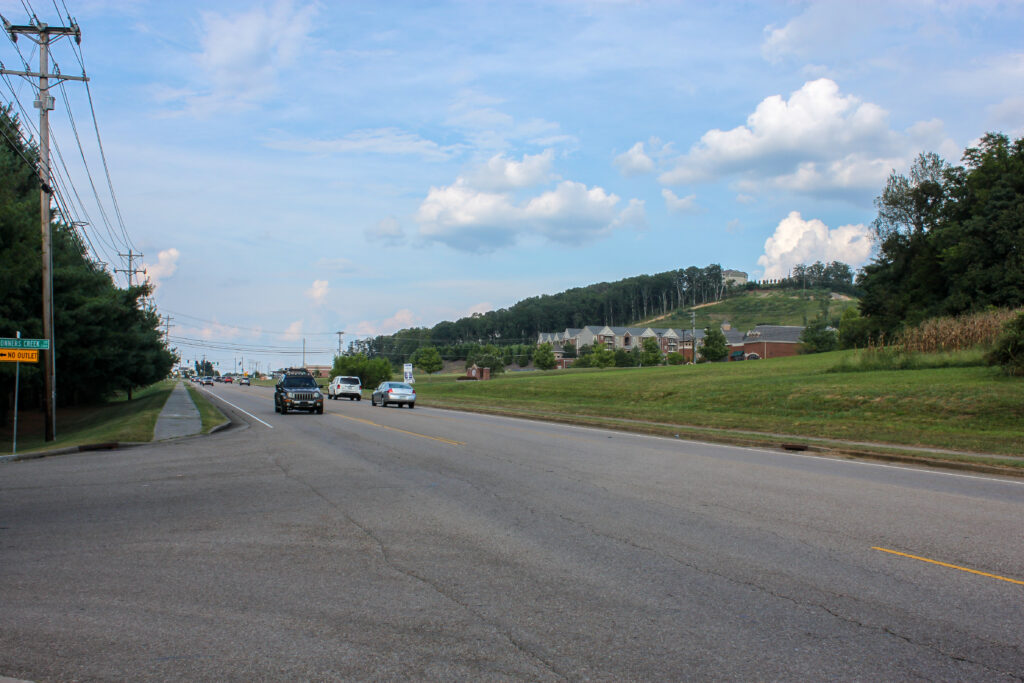 Section of Hardin Valley Road near where the interchange improvements will occur This project will modify the existing interchange to improve capacity, safety, and operations. It will also add a new northbound on-ramp in the northeast quadrant. Total project cost: $6.8M Programmed for NEPA, design, ROW and construction in 2020 TDOT – Alcoa Highway from Woodson Drive to Cherokee Trail Interchange This project will widen a section of Alcoa Highway from four lanes to six. It also includes the construction of a segment of the Knox-Blount Greenway through the corridor. This is one phase of the overall improvement project for Alcoa Highway that includes widening, new access roads, roundabouts, greenways, and other enhancements along the entire length of the heavily trafficked highway. Total project cost: $88M Programmed for implementation in 2020 More: https://knoxblounttrail.org/ https://www.tn.gov/tdot/projects/projects-region-1/sr115-us-129-alcoa-highway.html
Section of Hardin Valley Road near where the interchange improvements will occur This project will modify the existing interchange to improve capacity, safety, and operations. It will also add a new northbound on-ramp in the northeast quadrant. Total project cost: $6.8M Programmed for NEPA, design, ROW and construction in 2020 TDOT – Alcoa Highway from Woodson Drive to Cherokee Trail Interchange This project will widen a section of Alcoa Highway from four lanes to six. It also includes the construction of a segment of the Knox-Blount Greenway through the corridor. This is one phase of the overall improvement project for Alcoa Highway that includes widening, new access roads, roundabouts, greenways, and other enhancements along the entire length of the heavily trafficked highway. Total project cost: $88M Programmed for implementation in 2020 More: https://knoxblounttrail.org/ https://www.tn.gov/tdot/projects/projects-region-1/sr115-us-129-alcoa-highway.html